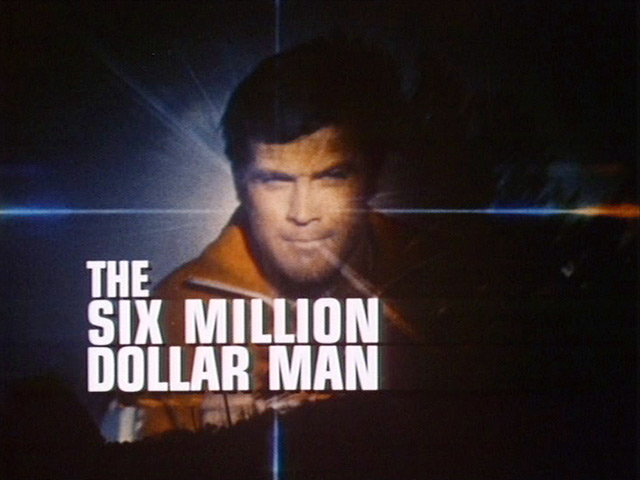

“It’s one of the first things he tells most people,” the investor told Bloomberg BusinessWeek in a 2008 profile.

He disclosed his condition to an early investor, for example, during one of their earliest fundraising meetings. He attended the University of Buffalo, dropping out after two years.Ĭohen has Asperger’s Syndrome, a condition about which he has always been very public.

But for all of his ability to focus, his grades were dismal. “I can really remember lots of stories in my life - things that it’s really obvious to me now what was going on, but I didn’t realize it back then because I didn’t understand people very well.” He graduated from Stuyvesant High School. “I knew I was weird,” Cohen once told FORTUNE, explaining that he got frustrated trying to interact with other people. It’s the story of the most recent dramatic and strange chapter in the life of one venture-backed company that has failed to succeed, but also hasn’t failed.Īs a child on Manhattan’s Upper West Side, Bram Cohen was smart, introverted, and strange. Consider it a morality tale for discordant investors and entrepreneurs. I pieced together the following narrative by speaking with current and former employees, investors and artists. It made no executive available to answer questions. He’d invented one of the web’s most fundamental tools, and surely there was a business to be made from it.īitTorrent doesn’t want to talk about what happened last year. BitTorrent - the company - got started on the assumption that Cohen was brilliant. BitTorrent - the protocol - was a genius way to transmit large amounts of information over the net by breaking it into small chunks, sending it through a peer-to-peer network, and reassembling it.

The company was founded in 2004 by Bram Cohen, inventor of the open-source protocol that lent the startup its name, and Ashwin Navin. Through an unusual financial arrangement, they represented a four-person group that had recently come to own a controlling stake in the company, and they had a plan to turn BitTorrent into, as Delamar was fond of saying publicly, “the next Netflix.” BitTorrent had already tried to be the next Netflix, starting long before Netflix had become the next Netflix. Delamar was a bearded Canadian Japanophile in his early forties Johnson a network engineer from San Diego. Last April, a pair of cousins named Bob Delamar and Jeremy Johnson became co-CEOs of BitTorrent.


 0 kommentar(er)
0 kommentar(er)
